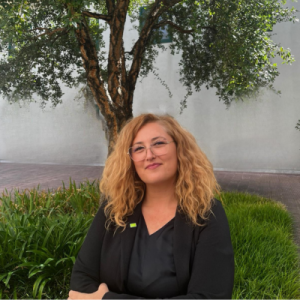The Master of Science Programme aims at creating the next generation of professionals able to foster development of organic agriculture and meet sustainability goals. The master program proposes a system-oriented approach in organic agriculture as a complex and dynamic process that requires careful management to ensure long-term sustainability and resilience. It integrates knowledge and methods from multiple disciplines to create sustainable organic food systems that match with the needs of local communities and territories in a range of bio-physical and socio-economic contexts. Learning and teaching strategies are combined to advance students technical and analytical skills together with the important soft skills of communication, collaboration, creativity and critical thinking.






